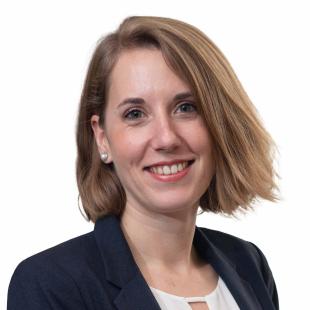
Artificial intelligence (AI) is revolutionizing the world, and the field of artistic creation is no exception. More and more artists are using AI to create art, music, literature, etc. This poses a new challenge for copyright law, which must adapt to this new reality.
Who is the author of a work created with the help of AI?
The answer to this question is not straightforward and depends on several factors, such as the degree of human intervention in creating the work, the purpose of the work, and the applicable law.
In general, it is considered that the author of a work created with the help of AI is the person who provided the original idea and supervised the creation process.
What copyrights protect works created with the help of AI?
Works created with the help of AI are protected by the same copyrights as works created without the help of AI. These rights include the right of reproduction, the right of distribution, the right of public communication, and the right of adaptation. They are also subject to the protection granted by the moral rights of authors.
What have judges said about the copyrights of works created by AI?
In Colombia, there is no case law on the copyrights of works created by AI. However, there are some judicial decisions that may be relevant to this topic in other jurisdictions.
On August 18, 2023, the United States District Court for the District of Columbia issued a landmark federal court decision in the case of Thaler v. Perlmutter, et al., declaring that works generated entirely by artificial intelligence are not eligible for copyright protection due to lack of human authorship.
The court rejected the plaintiff's argument that the adaptability of U.S. copyright law to new technologies is broad enough to encompass AI authorship. Judge Howell reasoned that, while copyright law is "designed to adapt to the times" and contemplates new and unforeseen mediums of expression, the requirement of human authorship - and, more specifically, of human creativity - is a sine qua non of copyright protection.
In the case of Robert Lecourt v. Google, on March 29, 2023, the Paris Court of Appeals ruled that a work generated by a machine learning algorithm is not an original work and, therefore, is not protected by copyright.
Finally, in the case of OpenAI v. Epic Games, on June 2, 2023, the High Court of Justice of England and Wales ruled that a work generated by a chatbot is not an original work and, therefore, is not protected by copyright.
Legal challenges of copyright law in relation to works created with the help of AI
Copyright in works created with the help of AI poses a number of legal challenges. For example:
- The determination of the author of the work: As mentioned above, the answer to this question is not straightforward, although, to date, courts worldwide have been consistent in rejecting the possibility of granting rights to AI. However, this situation could change in the future, as AI continues to develop.
- The protection of the moral rights of the author: The moral rights of the author are inalienable rights that protect the integrity of the work and the author's right to be recognized as the author. In the case of works created with the help of AI, it can be difficult to determine who is the author of the work, and who has the right to exercise moral rights.
- The protection of works created by AI: AI can be used to create works that are indistinguishable from works created by humans. This poses the challenge of protecting AI-created works from piracy and counterfeiting.
The legislation on this matter is still developing and will likely change in the coming years. It is important for artists, creators, and users of AI to be aware of these challenges so that they can protect their rights appropriately.
This article was written by our Associate Director, Lola Kandelaft, with the help of IA.






